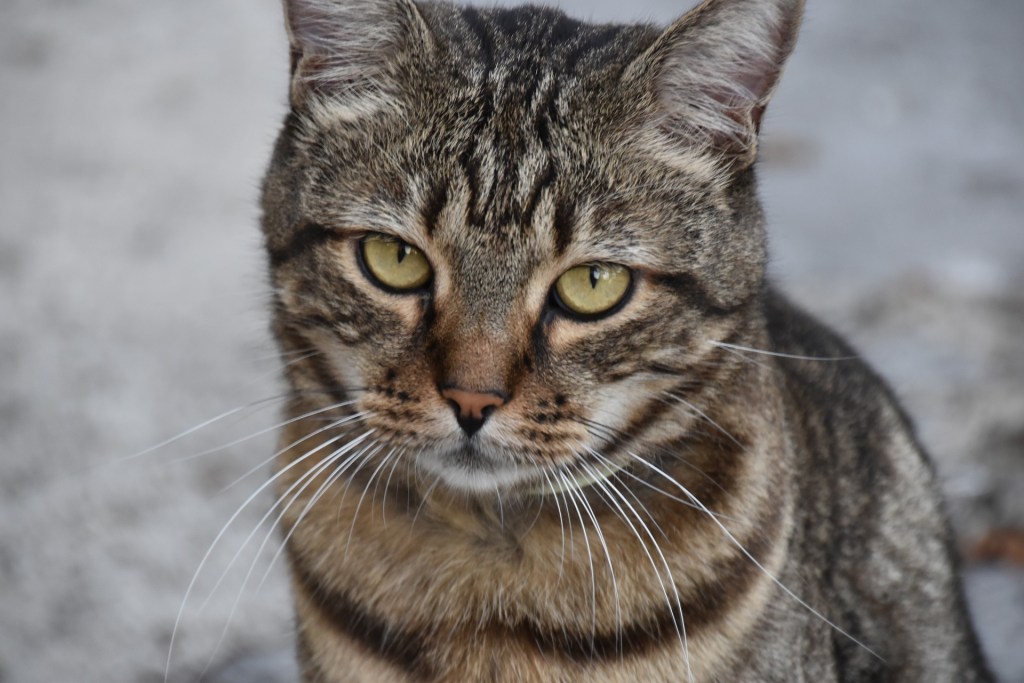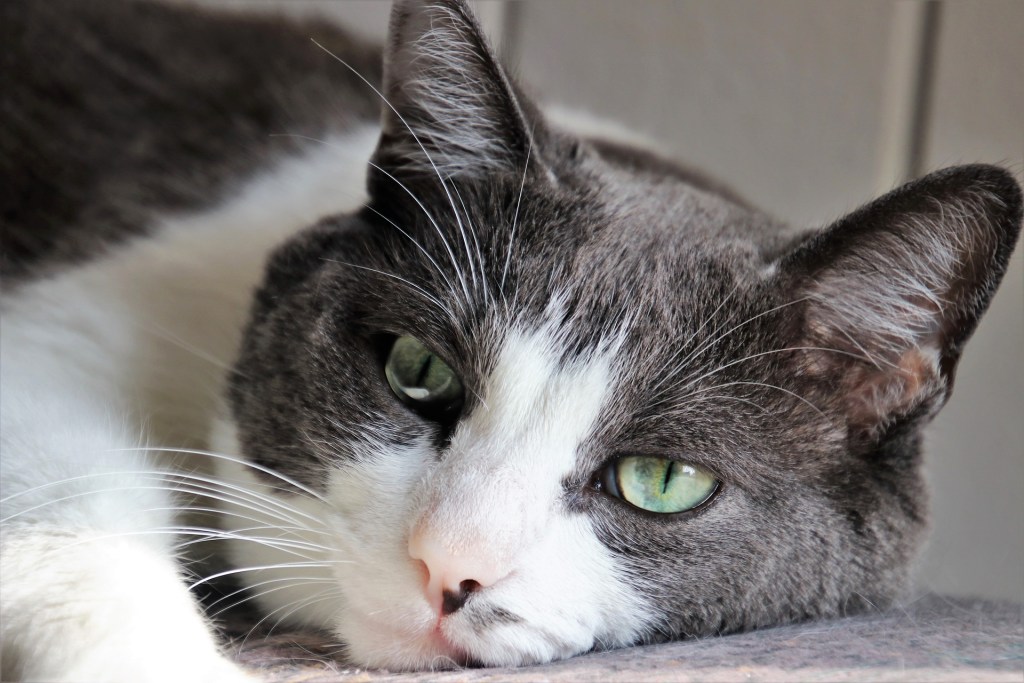If your normally feisty cat suddenly starts sleeping more and doesn’t want to play, you might assume that he’s feeling depressed. Depression in cats isn’t defined in quite the same way that it is in humans. While cats do sometimes exhibit depressed behaviors, those changes in cats aren’t necessarily driven by pure emotional feelings. Instead, the depression you’re seeing is likely caused by a medical issue, and your cat may need veterinary attention. Being able to recognize these signs of depression in cats can help you check in on your pet’s well-being and get him the care he may need.
Increased sleeping
One of the most common signs that your cat isn’t feeling like himself is a change in his sleeping habits. Your cat may sleep longer each day or sleep at times when he would normally be awake.
In addition to sleeping more, your cat may change his sleeping spots. He might seek out dark, quiet areas of your home, like under your bed or in your closet.

Changes in socialization
You may notice that your cat’s socialization habits change, too. Your normally social, affectionate cat might stop climbing into your lap each night or greeting you when you get home from work. Alternatively, your normally independent cat might start seeking you out and sleeping next to you for comfort. While all cats will have their moods and preferences for socialization, look for big, recurrent changes in your cat’s socialization habits.
Appetite changes
Sudden appetite changes can indicate that your cat isn’t feeling well. Many cats may stop eating or may eat much less than normal when they’re suffering from a health issue. Other cats might eat more than usual. These appetite changes might be reflected in weight loss or weight gain.
Changes in grooming
Cats who aren’t feeling themselves will often do less or no grooming. You might notice that your cat’s coat becomes oily or matted and that he doesn’t bathe. This behavior change is often caused by pain or discomfort.
No interest in play
If your cat typically loves to play, a lack of interest in playtime might indicate that he’s not feeling great. Your cat might ignore his favorite toys and lack his usual enthusiasm when you give him catnip. He might also avoid playing with the other cats of the house and may even respond aggressively when his buddies try to get him involved in playtime.

Vocalization changes
Your cat may meow more often or less often than he usually does. You might notice a change in pitch of your cat’s noises or that he’s making new yowling sounds. Keep in mind that your cat may purr more often, but he might be doing that as a form of self-soothing instead of out of happiness.
Litter box habit changes
Many cats will change how they use their litter boxes when something is amiss in their lives. Your cat might stop using the litter box entirely or might seem to have accidents outside the box.
Numerous factors can be behind these changing habits. If your cat is experiencing pain, then using the litter box could be uncomfortable, so he’s choosing to go elsewhere. Cats may also spray or mark their territory, so they don’t bother with the litter box.
If you’re wondering, “Is my cat depressed?” you can look for these signs, but it’s also important to seek veterinary help. Your vet can evaluate your cat for potential health issues that could leave him feeling depressed. Pain can cause many of the symptoms listed above, so it’s important to get to the bottom of what’s causing the changes in your cat’s behavior. Cats can act depressed when they’re under significant stress or mourning the loss of a family member, but typically those symptoms will be short-lived. If you notice big changes in your cat’s behavior and your cat doesn’t quickly return to his normal self, then be sure to involve your vet. Watch your cat carefully and make a list of the changes that you’re noticing. The more information you can give your vet, the better they’ll be able to understand what’s going on with your cat.


